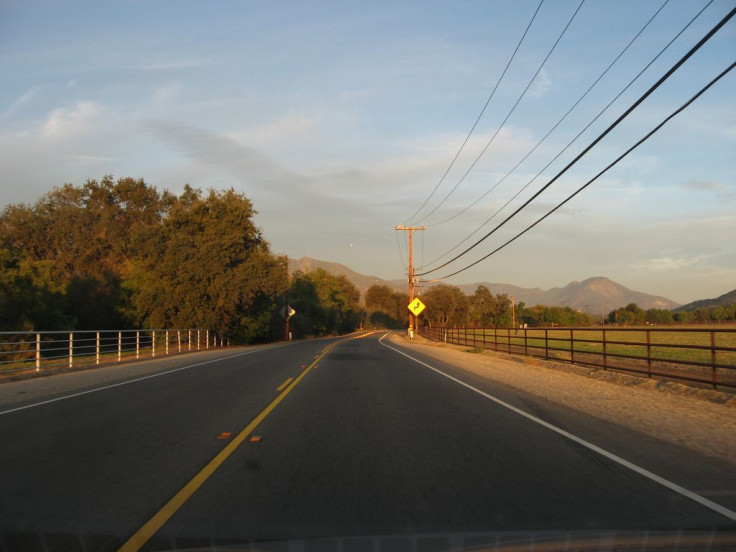23% Of Teenagers Admit To Driving Drunk, Drugged

Coming of age for teenagers in spring means prom, high school graduations, college, and career berths. Young men and women leave behind the jaded skepticism of Holden Caulfied, the proofs of geometry and Algebra II, and perhaps the novelty of driving to work.
The spring to summer season also brings tragedy.
As millions of young adults revel in newfound freedom, reckless and carefree behavior leads to many preventable deaths and injuries, particularly on the nation's roads and highways. Twenty-three percent of teenagers admit to driving under the influence of alcohol, marijuana and other drugs, with as many as 3 million teenagers driving while impaired, according to Liberty Mutual Insurance and SADD, Students Against Destructive Decisions.
While an overwhelming majority of teenagers, 91 percent, consider themselves to be safe and cautious drivers, many don't admit their impaired or distracted driving affects their ability to safely operate a motor vehicle. Of teenagers who admit to drinking and driving, nearly 40 percent deny that alcohol negatively impacts their driving — in fact, some say it helps their driving.
Moreover, 75 percent of teenagers don't think marijuana affects their driving ability.
But as 13 million teenagers take to the roads this spring-summer driving season, more than 3,000 of them will die during the next year, according projections by the National Highway Traffic Safety Administration.
Dave Melton, a driving safety expert with Mutual Liberty Insurance, said the end of the school year is most dangerous for teenagers. "A celebratory toast can quickly lead to serious consequences down the line. These new data illustrate that there is clearly a strong need to increase the level of education around safe driving," he said. "More importantly, it's a flag for parents to make sure they talk to their kids regularly about the importance of safe driving behavior."
However, the problem doesn't seem to be getting better with time. Approximately one in four teenagers who admits to driving under the influence of marijuana or prescription drugs says the impairment didn't affect their driving, while one in seven say the same about admitted drinking and driving.
Deaths among teenage drivers, ages 16 and 17, rose by 19 percent during the first half of last year, according to the Governors Highway Safety Association. "The fact that an overwhelming number of teens admit to extremely unsafe driving habits and completely dismiss any risk concern yet still consider themselves safe drivers means either teens have a different definition of 'safe' or we need to do a better job of educating kids about the dangers of this type of behavior," Melton said.
SADD pointed to the Fourth of July as a particular risk, given that many parents relax their supervision of teenagers in the weeks and months following spring proms and graduations.
Visit NHTSA.gov for information about distracted driving.



























